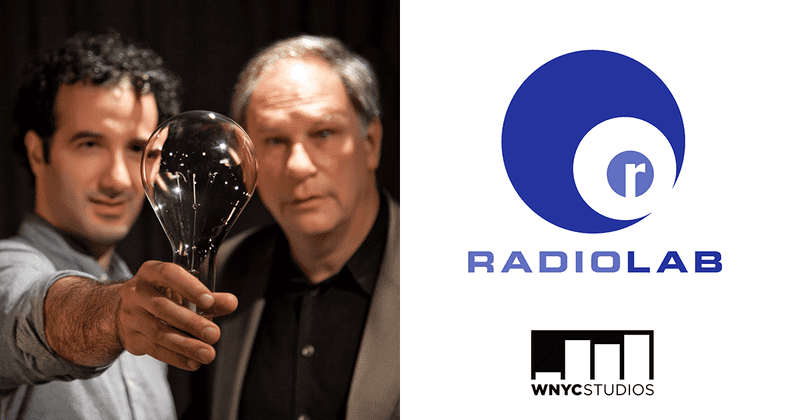There are numerous ways to describe our experience of time. We talk about wasting, spending, or investing time. We ponder the ways time moves slowly or quickly, depending on the situation. We think about not having enough time in the day or having too much time on our hands. We consider the length of time projects take or procrastinate with the time we have. Yet, we know that every person has the same 24 hours each day to manage and live life.
With our time, we do all kinds of things like working, playing, sleeping, relaxing, stressing, organizing, traveling, relationship-building, meditating, gardening, walking, running, dancing, learning, loving, reflecting, worrying, creating, driving, eating, connecting, talking, writing, emailing, Zooming, and many other “ings.”
I came across a quote by Atomic Habits author, James Clear, who offers a direct perspective about time. He said, “Your life is purchased by where you spend your attention.” How powerful is that?
“Your life is purchased by where you spend your attention.”
When you look at where your time and attention go, it tells the story of your life. Where do you invest? If you did a time audit for the week and noted what you do each hour, what would you discover? For many of us, approximately one-third of our time is spent sleeping. What about the other two-thirds? There are a million discoveries to make by analyzing where your attention goes. You might be surprised.
Why does this matter? If you want more or less of something in your life, doing a time audit can help you figure out how to make a change. For example, if you feel overwhelmed by clutter, a time audit could help you understand why the clutter is stuck. Perhaps you have included worrying, but not actual decluttering into your days.
“Every person has the same 24 hours each day to manage and live life.”
One of the things I admire so much about my virtual organizing clients is their dedication to change. Each week they intentionally invest time with their organizing goals through our sessions and the independent work they do on their own. They are shifting their attention from collecting and piling to letting go and organizing.
What will your time audit reveal? Even if your balance is the way you want, an audit can still be illuminating. It gives you the confidence to keep doing what you are doing. But if things are not as you desire, do some investigating. I’m excited about the discoveries you will make. I’d love to hear your thoughts. I invite you to join the conversation.














